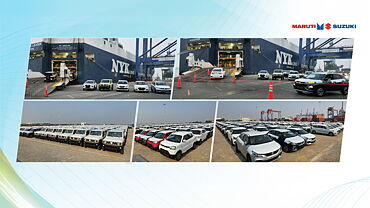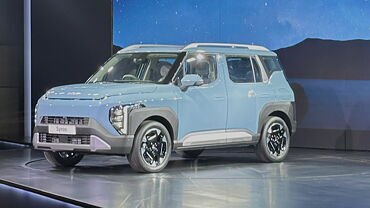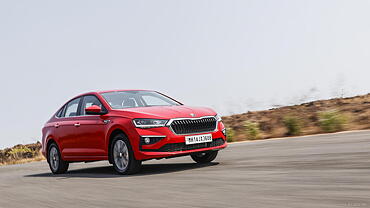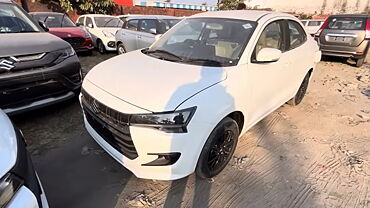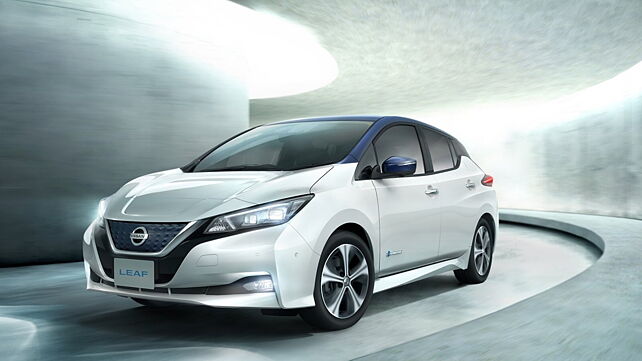
- Plans to introduce cheaper solid-state batteries before 2028
- Aims to bring the cost down by 50 per cent
Nissan is developing next-gen battery technology which will make use of solid-state batteries instead of conventional lithium-ion units. The next-gen Leaf is most likely to receive these solid-state batteries as the development is already underway and mass production is expected as early as 2028.
With these solid-state batteries, the Japanese carmaker aims to bring down the cost by 50 per cent, while doubling the energy density and increasing the charging speed to three times. Under current development in Japan, the small button cells of the new battery technology are 10cm in size. But in the final development stage, these cells will increase to the size of a laptop.
Nissan is working with scientists from the University of Oxford to develop solid-state batteries. The carmaker believes that with these batteries, the application of EVs would extend to a much larger scale, including large pick-up trucks and SUVs. This technology is being developed separately from any vehicle project. This ensures no specific delays in development and also provides a scalable application for these batteries. Also, the charging of solid-state batteries will help reduce electric vehicle costs. This is because faster, more stable, and more consistent charging will allow smaller batteries to be fitted to vehicles.
However, Nissan also claims that they won’t be giving up on conventional lithium-ion batteries just yet.





